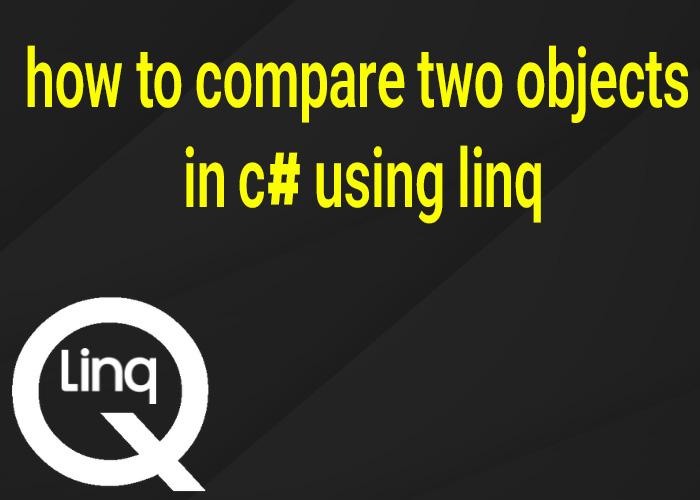Why We Use ICollection in C#
The ICollection interface in C# plays a critical role in the .NET Framework's collection hierarchy, serving as a foundational component for creating versatile and efficient collection classes. Understanding why developers use ICollection can help in designing better data structures and systems in C#. This article delves into the reasons behind the widespread use of ICollection and its impact on C# programming.
Understanding ICollection in C#
ICollection is an interface in the System.Collections namespace that defines general characteristics and methods for collections. It provides the backbone for non-generic collections like ArrayList, Queue, and Stack, which store objects of any type.
Key Benefits of Using ICollection
Here are the main reasons why ICollection is commonly used in C#:
Abstraction and Flexibility: ICollection provides an abstraction layer over different types of collections. This abstraction allows developers to write more flexible and adaptable code. By programming against the interface, rather than specific implementations, code is easier to maintain and extend.
Interoperability: Classes that implement ICollection can be used interchangeably. This interoperability is crucial for methods that operate on collections, allowing them to work with any data structure that implements ICollection.
Consistency: ICollection ensures that all implementing collections adhere to a certain standard, providing consistent behavior across different types of collections. It includes methods for counting items, copying items to an array, and thread safety, which are common needs across many collection types.
Enhanced Functionality with Minimal Complexity: While offering essential functionalities like enumeration and size management, ICollection keeps the complexity to a minimum. It doesn’t assume too much about the structure or capabilities of the underlying collection, making it a lightweight option for API design.
Base for Building More Specific Collections: ICollection is often used as a starting point for more complex or specialized collection interfaces and classes. It lays the groundwork by defining the core functionality, which can be extended by more specific interfaces like IList or IDictionary.
Practical Example of Using ICollection
Here’s a simple example demonstrating the use of ICollection in a method that processes any collection of objects:
public void PrintCollection(ICollection collection)
{
foreach (var item in collection)
{
Console.WriteLine(item);
}
Console.WriteLine($"Total items: {collection.Count}");
}
In this example, PrintCollection can accept any collection that implements ICollection, showcasing the flexibility and utility of using ICollection.
Conclusion
The use of ICollection in C# is justified by its ability to abstract different collection types under a common interface, promoting code reuse and flexibility. It is especially valuable in large-scale projects where data manipulation and consistency across various data structures are crucial. Understanding and utilizing ICollection effectively can significantly enhance the design and functionality of software systems.





